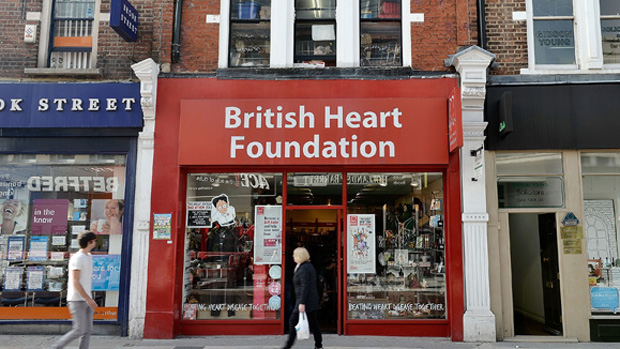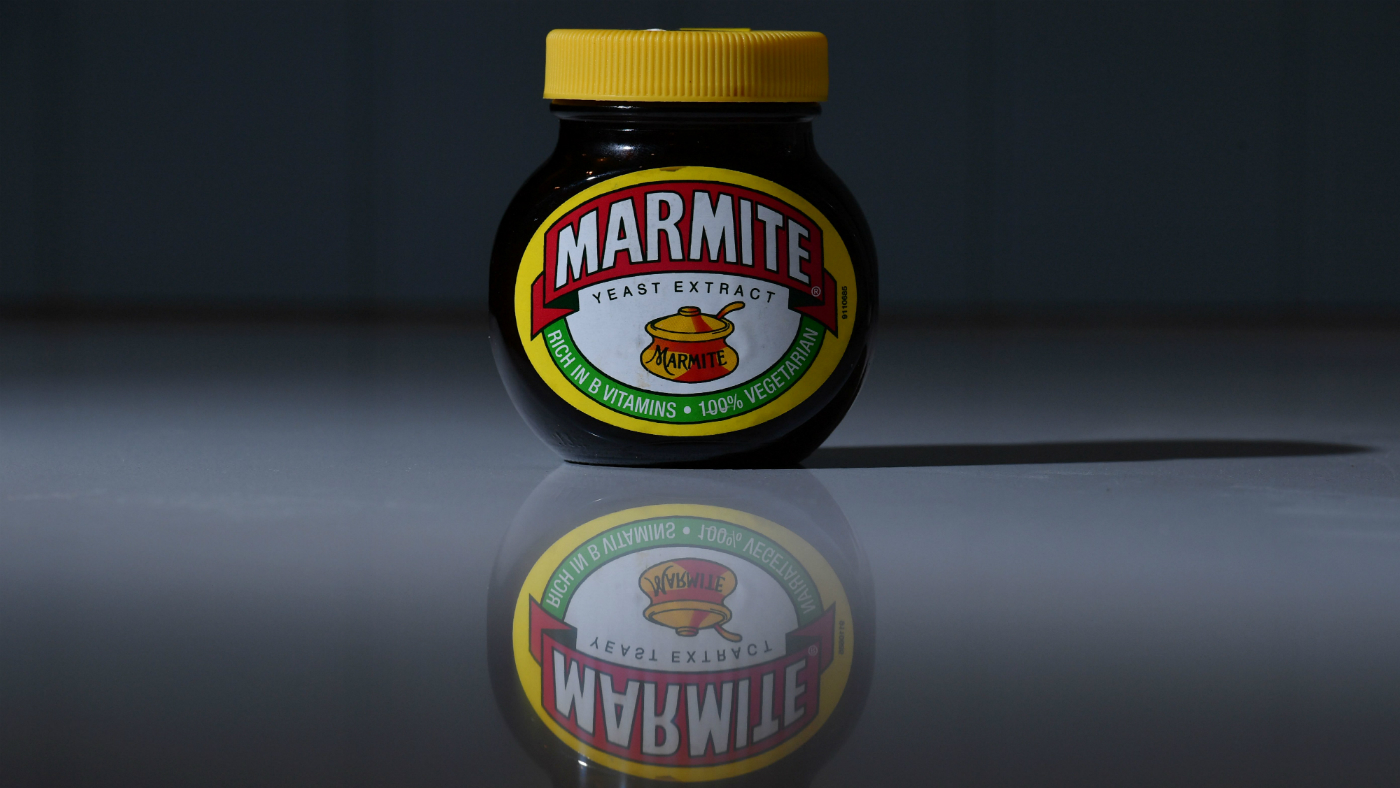Fact Check: The truth about saturated fat
The Week checks out a controversial report that claims saturated fats do not increase heart risk

A free daily email with the biggest news stories of the day – and the best features from TheWeek.com
You are now subscribed
Your newsletter sign-up was successful
A new report questioning the link between saturated fat and heart disease has triggered a major backlash from some in the medical community. What are the facts?
What did the report say?
In an editorial published in the British Journal of Sport Medicine yesterday, three cardiologists challenged the long-held belief that fats found in meat and dairy products clog up arteries and increase the risk of heart disease.
The Week
Escape your echo chamber. Get the facts behind the news, plus analysis from multiple perspectives.

Sign up for The Week's Free Newsletters
From our morning news briefing to a weekly Good News Newsletter, get the best of The Week delivered directly to your inbox.
From our morning news briefing to a weekly Good News Newsletter, get the best of The Week delivered directly to your inbox.
"This idea that dietary saturated fats build up in the coronary arteries is complete unscientific nonsense," Dr Aseem Malhotra, a consultant cardiologist at the NHS Lister hospital in Stevenage and lead author of the paper, told CNN.
Following a review of previous scientific studies, Malhotra and co-authors Dr Pascal Meier and Professor Rita Redberg concluded there is little evidence to support the belief that consuming saturated fat leads to a higher risk of developing heart disease, diabetes and premature death.
They added that people can reduce their risk of heart disease by walking for 22 minutes a day, minimising stress and following a Mediterranean-style diet.
Have butter and bacon been exonerated?
A free daily email with the biggest news stories of the day – and the best features from TheWeek.com
Far from it. The paper has caused a bitter debate among medical professionals, who accuse the authors of misrepresenting some of the data and oversimplifying a complex issue.
"This editorial is muddled and adds to confusion on a contentious topic," said Professor Alun Hughes, associate director of the Medical Research Council unit for lifelong health and ageing at University College London (UCL).
He adds that the authors present "no really new evidence, misrepresent some existing evidence and fail to adequately acknowledge the limitations in the evidence that they use".
Dr Amitava Banerjee, senior clinical lecturer in clinical data science and honorary consultant cardiologist at UCL, said the authors were guilty of ignoring studies that did not support their claims.
"They failed to cite a rigorous Cochrane systematic review which concluded that cutting down dietary saturated fat was associated with a 17 per cent reduction in cardiovascular events," she told The Guardian.
Some, however, welcomed the findings. "[It's] the best dietary and exercise advice I have read in recent years," said Dr Mary Hannon-Fletcher, head of the school of health sciences at Ulster University. "Walking 22 minutes a day and eating real food - this is an excellent public health message."
What's the consensus?
Current UK government guidelines advise people to cut down on the amount of saturated fat they consume in order to reduce cholesterol levels in the blood and prevent heart attack and stroke.
While fat remains a controversial topic, experts agree that quitting smoking, becoming more physically active and managing your weight are sure-fire ways to improve cardiovascular health.
-
 Antonia Romeo and Whitehall’s women problem
Antonia Romeo and Whitehall’s women problemThe Explainer Before her appointment as cabinet secretary, commentators said hostile briefings and vetting concerns were evidence of ‘sexist, misogynistic culture’ in No. 10
-
 Local elections 2026: where are they and who is expected to win?
Local elections 2026: where are they and who is expected to win?The Explainer Labour is braced for heavy losses and U-turn on postponing some council elections hasn’t helped the party’s prospects
-
 6 of the world’s most accessible destinations
6 of the world’s most accessible destinationsThe Week Recommends Experience all of Berlin, Singapore and Sydney
-
 Fact check: are US migrant detention centres really concentration camps?
Fact check: are US migrant detention centres really concentration camps?In Depth Congresswoman Alexandria Ocasio-Cortez stands by her controversial claim
-
 Fact check: how do charities spend your money?
Fact check: how do charities spend your money?In Depth The Week investigates what percentage of donations goes directly to those in need
-
 Fact Check: Are far-right groups the biggest US terror threat?
Fact Check: Are far-right groups the biggest US terror threat?In Depth In Depth: New Jersey senator claims white nationalists behind majority of attacks since 9/11
-
 Fact Check: Do terrorists exploit the US green card lottery?
Fact Check: Do terrorists exploit the US green card lottery?In Depth The US visa programme that has sparked Donald Trump’s ire
-
 Fact Check: Did UK’s ‘better educated’ vote Remain?
Fact Check: Did UK’s ‘better educated’ vote Remain?In Depth Labour MP’s linking of education levels to pro-EU votes sparks outrage
-
 Fact Check: The truth about NHS staff shortages
Fact Check: The truth about NHS staff shortagesIn Depth Is the health service facing an unprecedented workforce crisis? The Week looks at the figures
-
 Fact Check: The truth behind Marmite's brain-boosting properties
Fact Check: The truth behind Marmite's brain-boosting propertiesIn Depth Papers say the spread could prevent dementia, but critics accuse the press of laying it on thick
-
 Fact Check: Is Easter a Christian or pagan festival?
Fact Check: Is Easter a Christian or pagan festival?In Depth Cadbury's and the National Trust have been accused of 'airbrushing faith' out of an egg hunt, but is the Church right to be so angry?